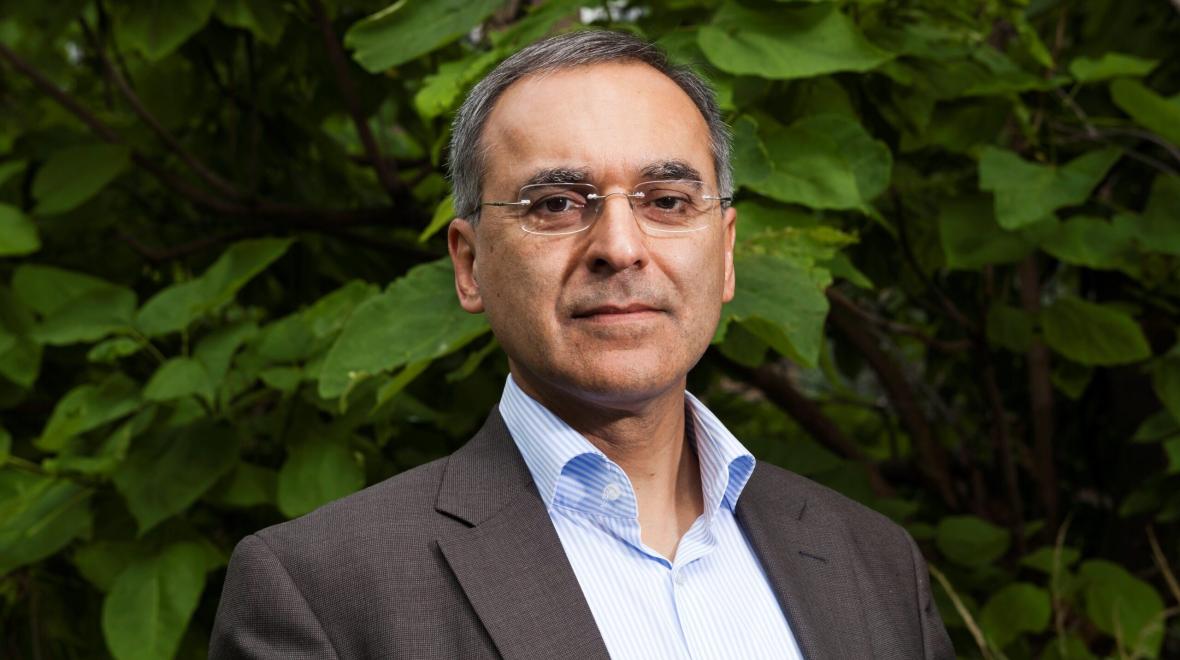
TEEB, the G8+5 project on the economics of ecosystems & biodiversity (2008-2010) moved the invisible economics of nature from relative obscurity into the front row as a topic to be engaged by policy makers, businesses, investors and communities. Its institutional legacy includes the Capitals Coalition, TNFD, and Article 15 of the GBF. Its research legacy includes the TEEB-Agri-Food valuation framework used by three UN agencies for researching agri-food systems impacts. However, 14 years on, some of the most important recommendations of the TEEB project remain unfulfilled, and the idea of valuing nature still faces many challenges. What are these, and what comes next for the economics of ecosystems and biodiversity?
Speaker: Pavan Sukhdev
Founder and CEO GistImpact
Pavan is a scientist by education, an international banker by training, and an environmental economist by passion. He previously led the UN’s Green Economy Initiative and The Economics of Ecosystems and Biodiversity (TEEB) study. As CEO of GIST Impact, Pavan works with corporations and investors, harnessing the power of impact economics and technology to discover a business’s full value contribution to the world.
Pavan was awarded the McCluskey Fellowship (2011) by Yale University, where he taught a graduate course on TEEB and wrote his book “Corporation 2020: Transforming Business for Tomorrow’s World.” In this book, he presents new approaches to measuring the true costs of business and its obligation to society, as well as offering a hopeful vision for its role in shaping a more equitable future. Pavan is a former President and Chair of WWF International and has served on the boards of Conservation International (CI), the Global Reporting Initiative (GRI), the Stockholm Resilience Centre (SRC), and the TEEB Advisory Board. His work has been recognised through several awards, including the Blue Planet Prize (2016), the Tyler Prize (2020) and most recently, the EAERE European Practitioner Achievement Award in Applying Environmental Economics (2024).